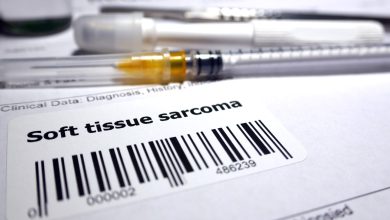A Guide to Protecting Yourself and Your Family


Infections caused by antimicrobial-resistant germs pose a growing threat to public health, as these germs have developed the ability to resist the drugs designed to treat them. Antimicrobial resistance occurs when bacteria and fungi evolve to withstand the effects of antibiotics and antifungals, rendering these medications ineffective. Addressing this issue is crucial for maintaining the effectiveness of our healthcare system and ensuring that common infections remain treatable. This U.S Antibiotic Awareness Week (USAAW), we’re exploring key measures you can take to reduce the risk of antimicrobial-resistant infections and contribute to the overall fight against this global health challenge.
Understanding Antimicrobial Resistance
Antimicrobial resistance does not imply that our bodies are resistant to antibiotics or antifungals. Instead, it means that the bacteria or fungi causing the infection are not eradicated by these drugs, allowing them to persist and grow. To combat this phenomenon, it is essential to adopt preventive measures that minimize the risk of infections and reduce the spread of germs.
1. Keep Cuts Clean and Covered
One practical step to prevent infections is to keep cuts clean and covered until fully healed. Additionally, individuals should prioritize the management of chronic conditions, such as diabetes or heart disease, as these conditions can increase susceptibility to infections.
2. Clean Your Hands
Maintaining proper hand hygiene is one of the most effective ways to prevent infections and curb the spread of germs. Regular handwashing helps eliminate germs that we come into contact with daily. This simple yet powerful practice is a cornerstone of infection prevention.
3. Get Vaccinated
Vaccines play a crucial role in preventing infections, including those caused by antimicrobial-resistant germs. It is important to consult with healthcare providers about recommended vaccines for all ages, as they contribute significantly to individual and community immunity.
4. Use Antibiotics and Antifungals Appropriately
While antibiotics and antifungals save lives, their misuse can contribute to antimicrobial resistance. It is essential to consult healthcare providers to determine the appropriate treatment when sick. Understanding the risks, including potential side effects and the development of antibiotic-associated infections like Clostridioides difficile, is crucial for responsible medication use.
5. Be Aware of Changes in Your Health
Recognizing signs and symptoms of infections is vital to seeking timely medical attention. Unchecked infections can lead to complications such as sepsis, a life-threatening emergency. Open communication with healthcare providers is essential for prompt and effective treatment.
6. Practice Healthy Habits Around Animals
For individuals with pets, practicing healthy habits around animals is crucial. Cleaning hands after touching, feeding, or caring for animals, and consulting veterinarians about responsible antibiotic and antifungal use in animals, can help prevent the spread of resistant germs.
7. Prepare Food Safely
Foodborne infections are a significant concern, and following simple steps like




